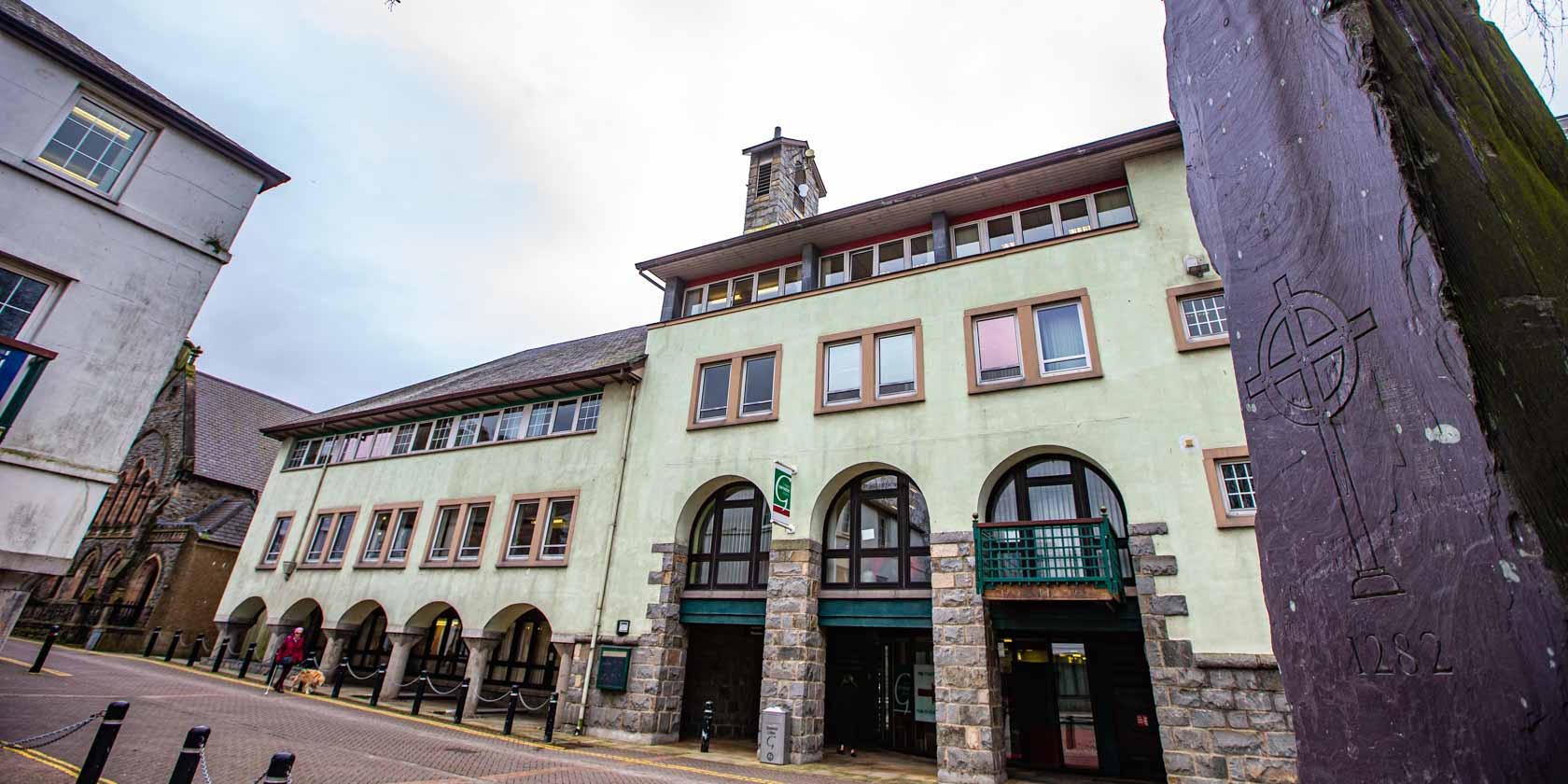Councillors slam “back door reorganisation.”

Regional committees to encourage closer co-operation between local authorities have been slammed by councillors as “back door reorganisation.”
As part of the Welsh Government’s Local Government and Elections (Wales) Bill, it is proposed to set up new Corporate joint committees which would see authorities work on a not yet determined regional basis to deliver services such as transport, economic development, strategic planning for the development and use of land and improving education.
According to the Welsh Government, it is “more economic, efficient and effective to exercise the proposed activities or functions collaboratively than being done by the principal councils alone.”
But members of Gwynedd Council’s cabinet have hit out at the proposed changes and, in an official response to the plans, described them as the “creation of another tier of local government,” which would result in “democracy and decisions distanced further away from the citizen.”
The report, unanimously approved by members on Tuesday, also noted that closer collaboration could only work if authorities voluntarily agreed to do so, slamming the “top down approach” being proposed by ministers.
The council leader, Dyfrig Siencyn, said: “It’s quite clear that this is a step towards creating another tier of government, which would only take decision making further away from the people and mean less accountability.
“In the north we already work in collaboration in fields such as economic development, but the key difference here is that six authorities have voluntarily agreed to work together.
“Forced co-operation tends to be very ineffective and across Wales there seems to be a split with some authorities, such as ours, deeply opposed but some of the Labour-run councils seem to be more receptive.”
Cllr Gareth Thomas described the proposals as “back door reorganisation” while Cllr Nia Jeffreys felt that councils were being backed into a corner and “forced into accepting plans against their will.”
However, there was general acceptance for other aspects of the bill, which also propose allowing 16 and 17 year olds to vote in Local Government elections as well as foreign citizens legally resident in Wales.
It also proposes a permanent five year cycle between elections, replacing the fixed four year term which was formerly the case.
But while Gwynedd welcomes the right for councils to set their own voting system – which could see a Single Transferable Vote (STV) method replace the more traditional First Past the Post (FPTP) – it would like to see a uniform system implemented across Wales.
Other measures include the need to introduce public petition schemes, a necessity to webcast all public meetings and make arrangements for remote attendance by councillors.
The proposal are likely to come into force by Summer 2020 although it would need to be passed by AMs before becoming law.
By Gareth Williams – Local Democracy Reporter
Spotted something? Got a story? Send a Facebook Message | A direct message on Twitter | Email news@north.wales





